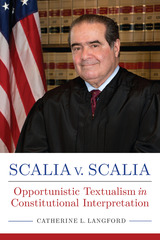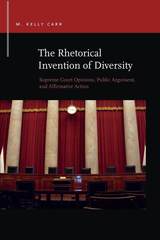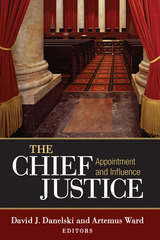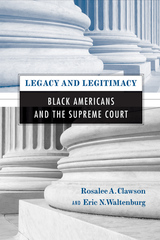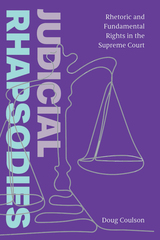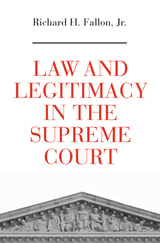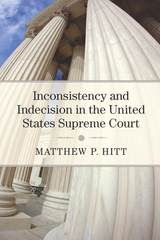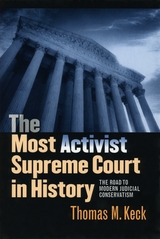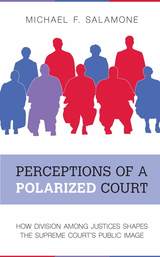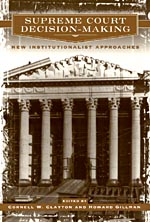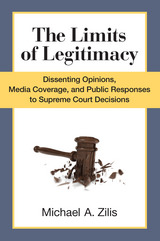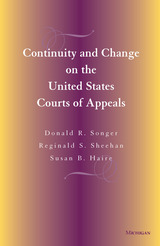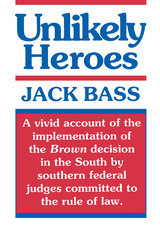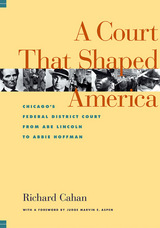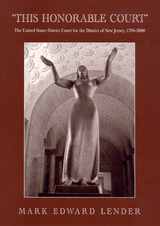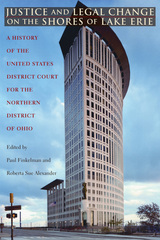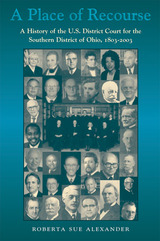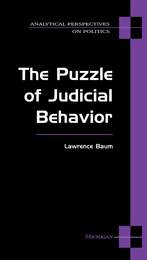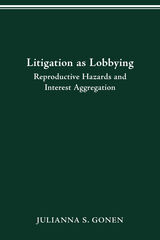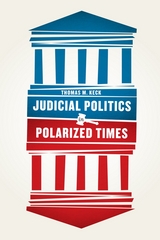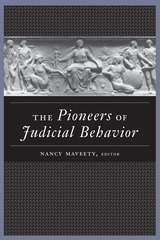Supreme Court Decision-Making: New Institutionalist Approaches
University of Chicago Press, 1998
Paper: 978-0-226-10955-8 | Cloth: 978-0-226-10954-1
Library of Congress Classification KF8748.S878 1999
Dewey Decimal Classification 347.7326
Paper: 978-0-226-10955-8 | Cloth: 978-0-226-10954-1
Library of Congress Classification KF8748.S878 1999
Dewey Decimal Classification 347.7326
ABOUT THIS BOOK | TOC | REQUEST ACCESSIBLE FILE
ABOUT THIS BOOK
What influences decisions of the U.S. Supreme Court? For decades social scientists focused on the ideology of individual justices. Supreme Court Decision Making moves beyond this focus by exploring how justices are influenced by the distinctive features of courts as institutions and their place in the political system.
Drawing on interpretive-historical institutionalism as well as rational choice theory, a group of leading scholars consider such factors as the influence of jurisprudence, the unique characteristics of supreme courts, the dynamics of coalition building, and the effects of social movements. The volume's distinguished contributors and broad range make it essential reading for those interested either in the Supreme Court or the nature of institutional politics.
Original essays contributed by Lawrence Baum, Paul Brace, Elizabeth Bussiere, Cornell Clayton, Sue Davis, Charles Epp, Lee Epstein, Howard Gillman, Melinda Gann Hall, Ronald Kahn, Jack Knight, Forrest Maltzman, David O'Brien, Jeffrey Segal, Charles Sheldon, James Spriggs II, and Paul Wahlbeck.
Drawing on interpretive-historical institutionalism as well as rational choice theory, a group of leading scholars consider such factors as the influence of jurisprudence, the unique characteristics of supreme courts, the dynamics of coalition building, and the effects of social movements. The volume's distinguished contributors and broad range make it essential reading for those interested either in the Supreme Court or the nature of institutional politics.
Original essays contributed by Lawrence Baum, Paul Brace, Elizabeth Bussiere, Cornell Clayton, Sue Davis, Charles Epp, Lee Epstein, Howard Gillman, Melinda Gann Hall, Ronald Kahn, Jack Knight, Forrest Maltzman, David O'Brien, Jeffrey Segal, Charles Sheldon, James Spriggs II, and Paul Wahlbeck.
See other books on: Decision making | Gillman, Howard | Judicial process | Supreme Court | United States. Supreme Court
See other titles from University of Chicago Press

